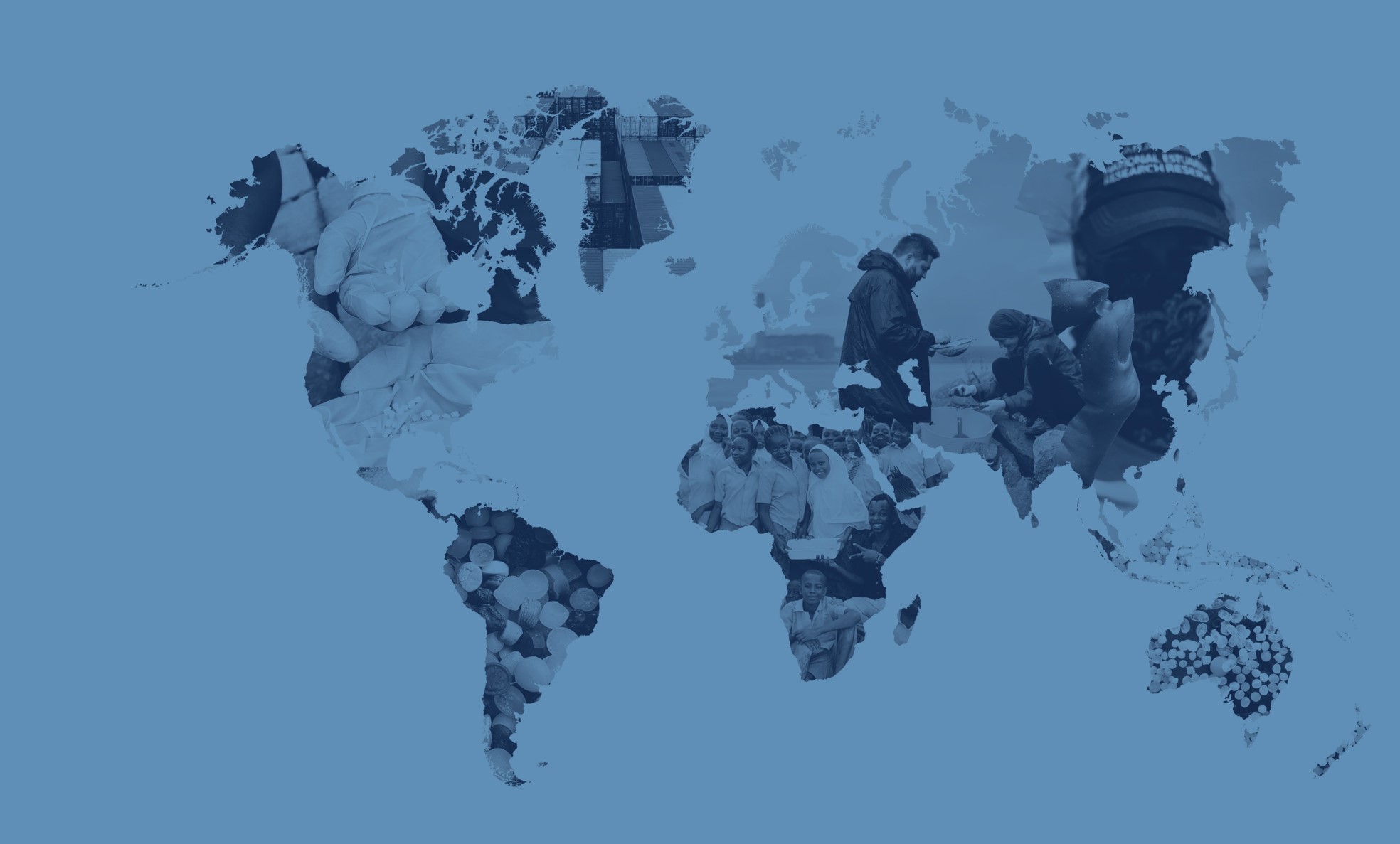New report maps global plastic pellet supply chain and finds countries worldwide are at risk from over 2 trillion plastic pellets spilling into the environment each year.
The report published today by Fidra and authored by Oracle Environmental Experts maps the plastic pellet (or nurdle) supply chain. The report highlights the impacts of nurdles on communities, protected areas, fisheries, tourism, livelihoods and wildlife, revealing risks to remote regions as well as those close to major plastic industry sites.
Plastic pellets leak out of every stage of the plastic pellet supply chain. The report maps the various stages from production, use, transport and the conversion of recycled plastic back into pellets, all of which are known to lose plastic pellets to the environment. Case studies of a major ship spill off the cost of Hong Kong and evidence of ongoing pollution from plastic industry sites in the UK show how impacts on communities and the environment can be devastating. A total of 41 major pellet pollution sites have been found to date, but this is thought to be an underestimate due to a lack of industry transparency and reporting. With no international laws or agreements in place for plastic pellets the report warns plastic pellet pollution is set to worsen as plastic production and recycling increases. However, the report also highlights this pollution is preventable and risks can be reduced if action is taken by industry and governments. Solutions include a robust Global Plastic Treaty, safer stowage, packaging and labelling during transport and a legislated supply chain approach to ensure pellet loss prevention as well as agreed protocols and compensation in the event of further disasters such as those occurring off Hong Kong, Sri Lanka, Norway and South Africa.
Heather McFarlane, Senior Project Manager at Fidra says:
‘This report shows us that it is not just those areas that are currently finding plastic pellets that have a problem but many more countries, protected areas and communities are at risk from plastic pellet pollution.
Seeing so many sites where plastic pellets are produced, where they used to make products and where plastic is recycled back into pellets plus all the transport routes in between really brings home how many places are at risk of pollution. The sites of plastic pellet loss are close to people’s homes, next to fishing grounds, they are where you go on holiday and even in protected areas. Plastic pellet pollution puts wildlife, livelihoods and communities’ health and wellbeing at unnecessary risk as this pollution is preventable. This report is further evidence that industry and government must do more to stop pellet pollution.’’
Sign up to the webinar with the report authors on Wednesday 9th August 9.30 UK | Jakarta 15.30 | 19.30 Melbourne Click here to convert to your time zone or watch the recording on youtube.
